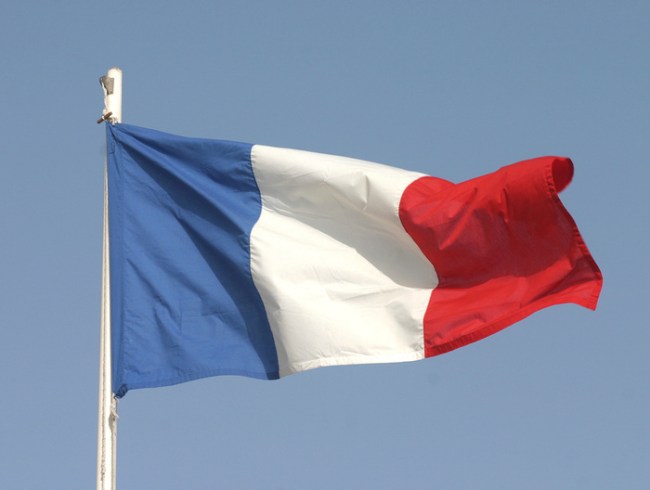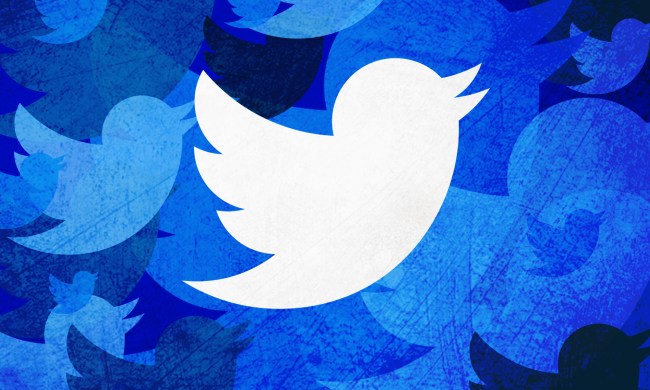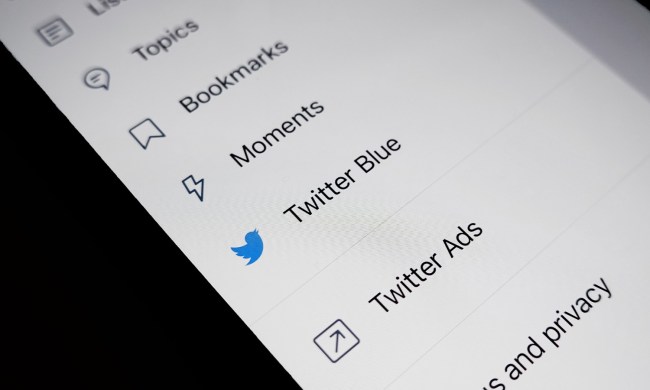 Radio and television news anchors may no longer say the words “Facebook” and “Twitter” on air, unless the terms are part of a news story. This prohibits French news organizations from urging their audience to “follow us on Twitter” or “check out or Facebook page,” or other such promotions.
Radio and television news anchors may no longer say the words “Facebook” and “Twitter” on air, unless the terms are part of a news story. This prohibits French news organizations from urging their audience to “follow us on Twitter” or “check out or Facebook page,” or other such promotions.
The ban actually stems from a decree issued by the French government on March 27, 1992, which forbids the promotion of commercial enterprises on news programs. To sticklers of objective journalism, this may seem a reasonable rule. But as expat blogger Matthew Fraser points out, this type of regulation is absurd, especially when Facebook and Twitter have become so widely established in everyday life.
“Imagine if, in the United States, the federal regulator told networks such as CNN that they were not allowed to feature their Twitter feeds on the screen,” Fraser writes on his blog. “It’s plainly inconceivable, utterly ludicrous. If such a decree were issued, British and American television networks would protest resolutely, take the matter either to the government or a court, and generally create a huge media fuss. They would be right to do so. And they would prevail in the end.”
According to France’s Conseil Supérieur de l’Audiovisuel (CSA), however, the government is simply upholding its laws in an fair manner.
“Why give preference to Facebook, which is worth billions of dollars, when there are many other social networks that are struggling for recognition?” asked CSA spokeswoman Christine Kelly. “This would be a distortion of competition. If we allow Facebook and Twitter to be cited on air, it’s opening a Pandora’s Box — other social networks will complain to us saying, ‘why not us?”
As Fraser explains, this regulation is perfectly in line with the “micro-regulation” that’s commonly associated with France’s over-controlling government, which is “infamous for its oppressive bureaucratic culture of legalistic codes and decrees.”
Freedom fries, anyone?


